Description
Lightness of Being – Will to Be The White Latifa
with Christof Bosch, Diamond Approach Teacher
What most of us think of as our free will is actually a way of controlling—or trying to control—what is going to happen. The way the Diamond Approach sees will is very different: as something that is aligned with the harmonious unfoldment of reality.
Experiencing True Freedom
What most of us think of as our free will is actually a way of controlling—or trying to control—what is going to happen. It is what society thinks of as “iron will” or “willpower,” believing only we as separate human selves have the power to effect change and progress.
But in fact, the conventional sense of free will is outwardly directed and ignores the larger universal will. We never ask, “Why do I want this or that result?” And wanting one thing or the other to happen can often be contrary to the natural flow of reality.
The way the Diamond Approach sees will is very different: as something that is aligned with the harmonious unfoldment of reality. When we are in that alignment, our actions don’t merely feel free; they are free.
When we are not aligned, our conventional idea of free will is still operating through our old psychological filters, simply repeating the patterns and strategies we developed as children to exert our freedom. In that way, it actually limits our options. Instead, true will begins with an openness to what arises, and invites us to choose actions that are effective and appropriate for our natural unfoldment.
Initially, though, it can feel as though surrendering our conventional idea of will is collapsing or giving up, submitting to the will of another, and robbing us of our agency.
Working with the white latifa can also bring up early experiences in which we felt forced into certain shapes or into obedience to someone else’s view. This can stir up the sense of helplessness we felt in those circumstances. But if we can be with the helplessness, it can reveal that our discomfort and resistance to it is what created the reactions at the core of our conventional “free will.” And we can finally move beyond them.
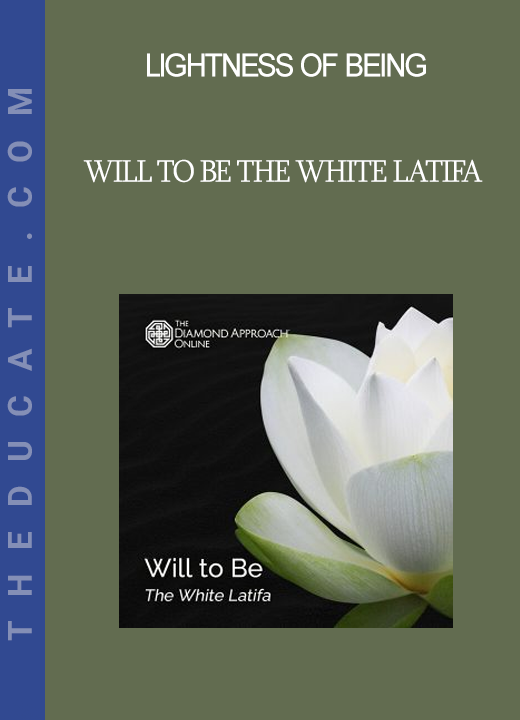

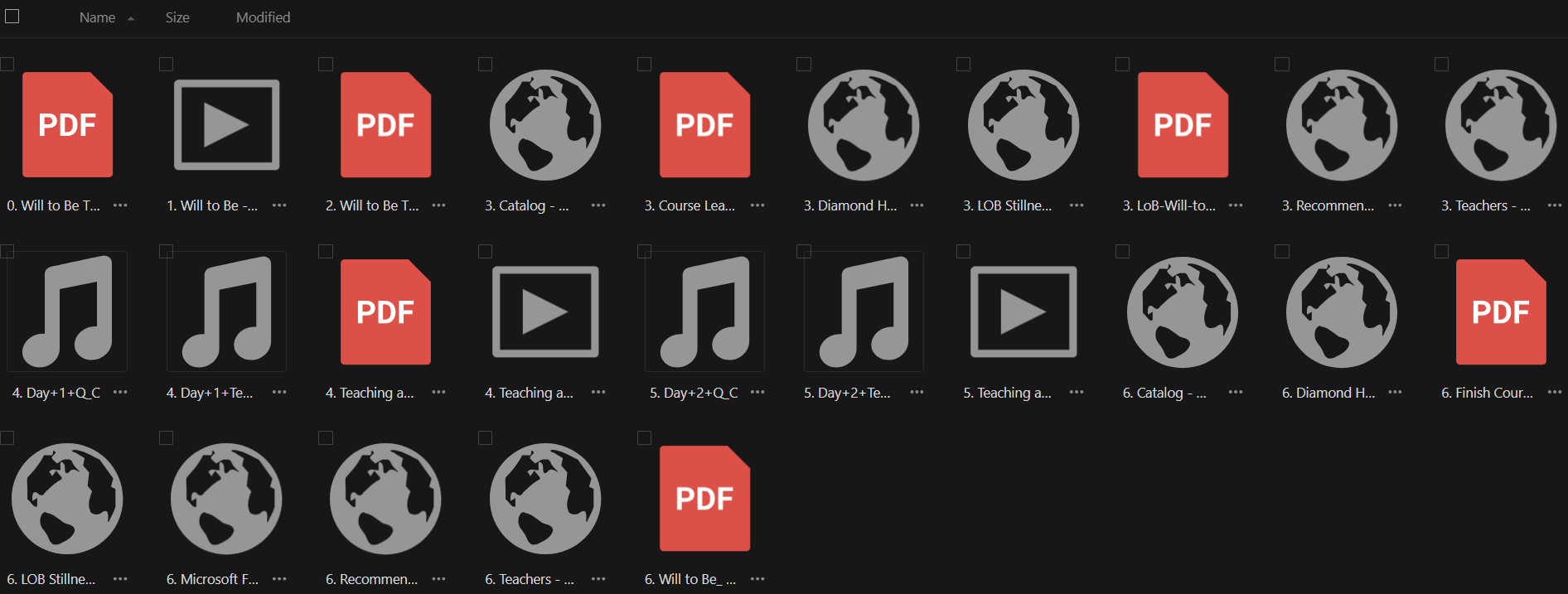


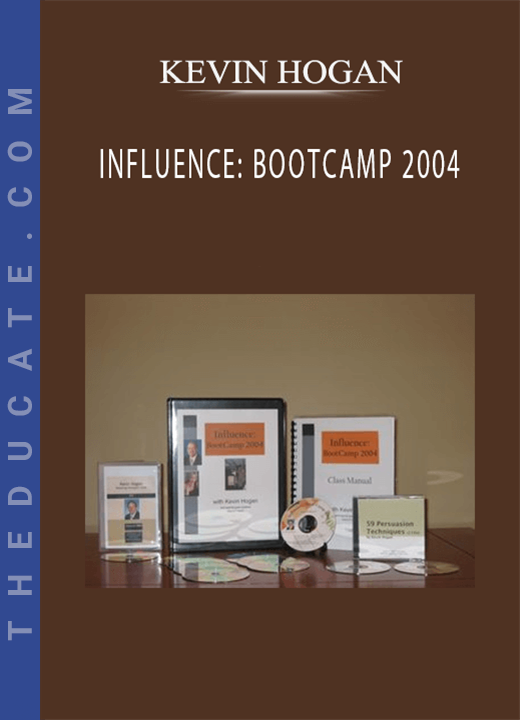
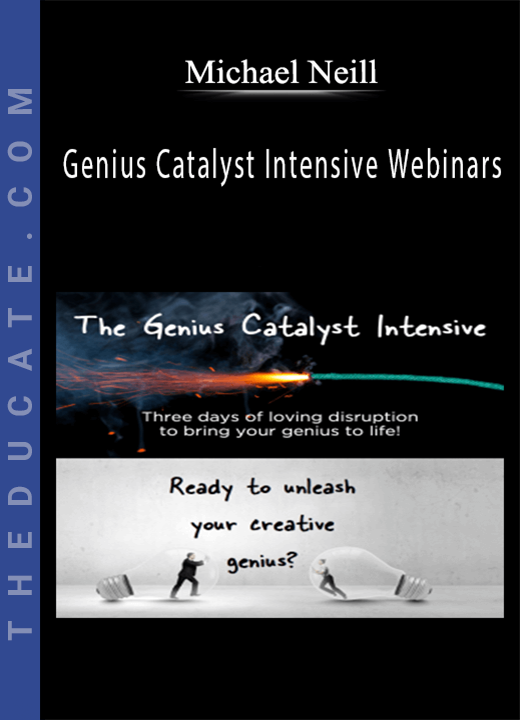
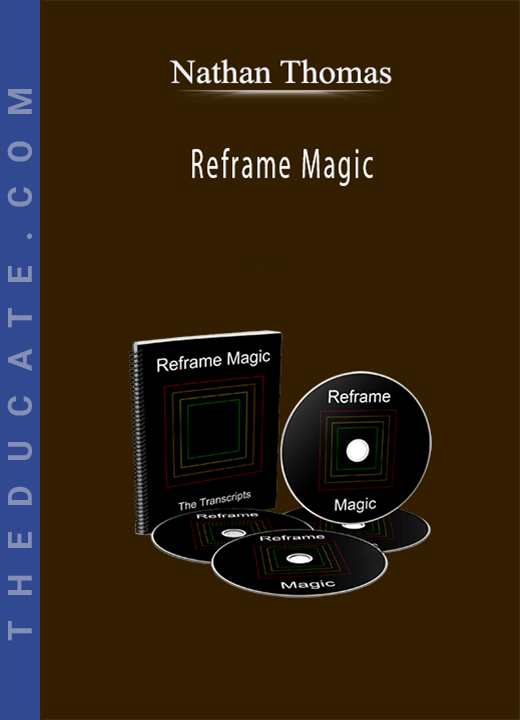
Reviews
There are no reviews yet.